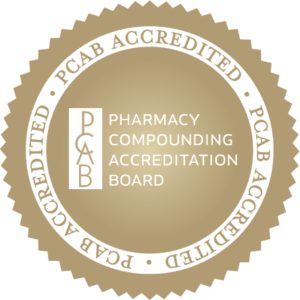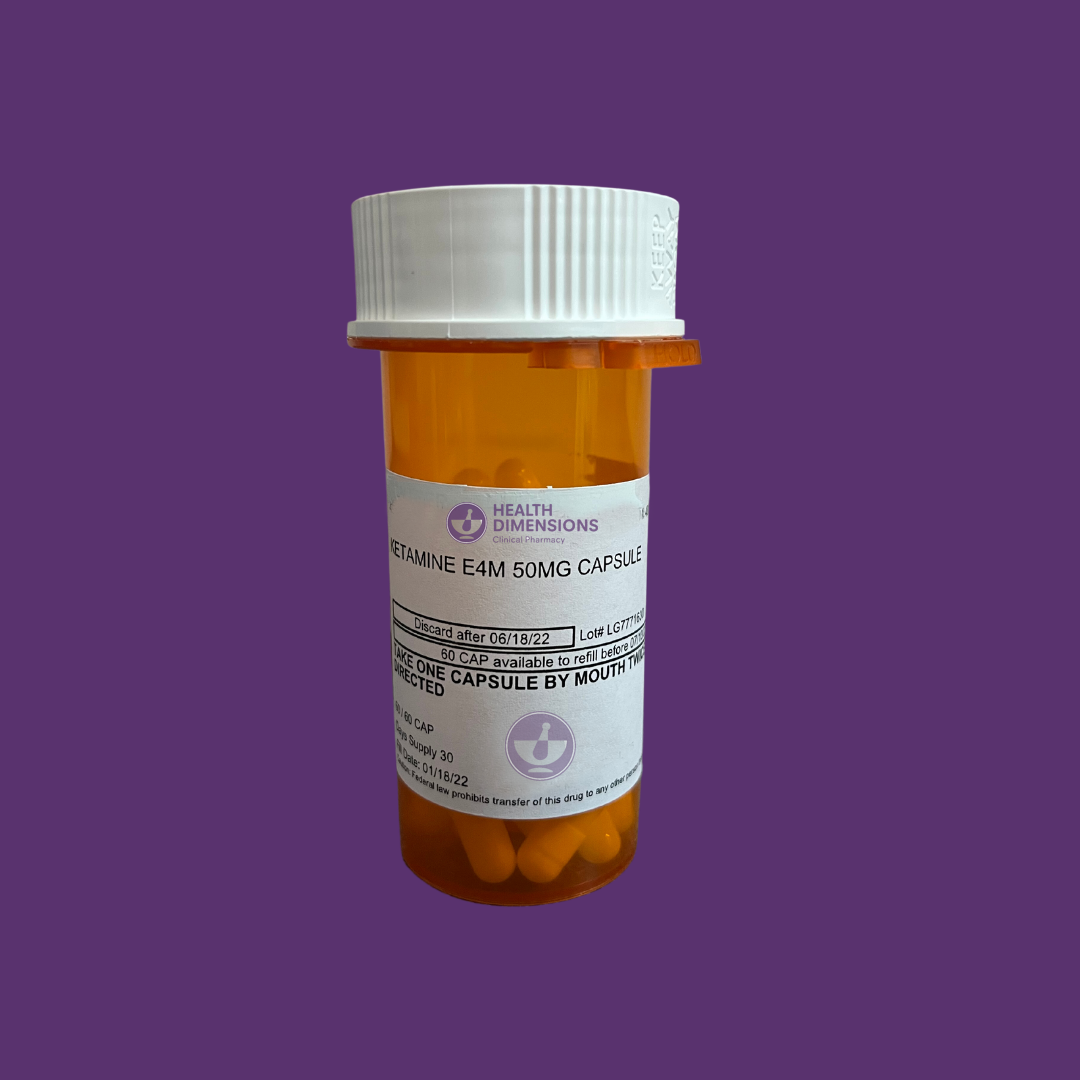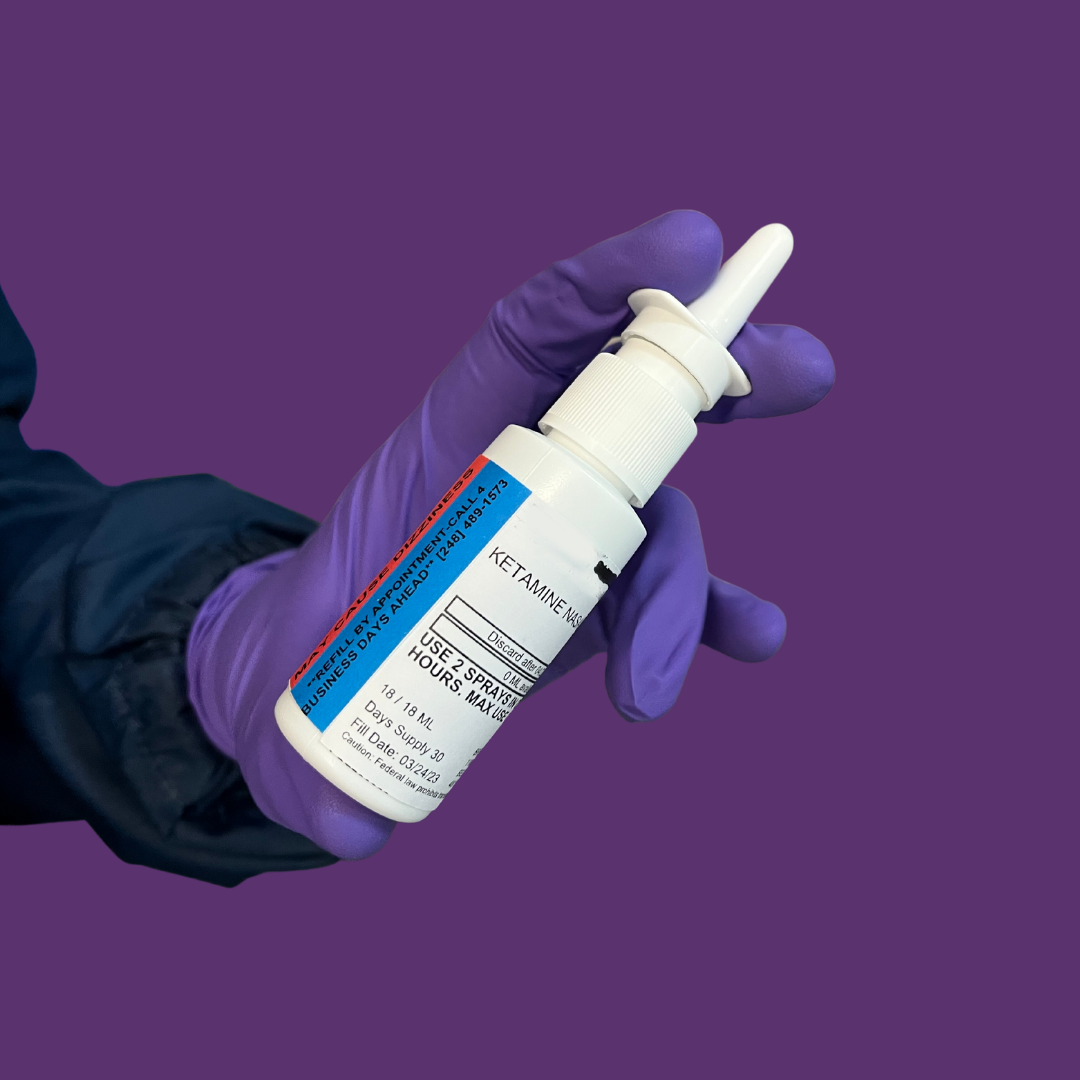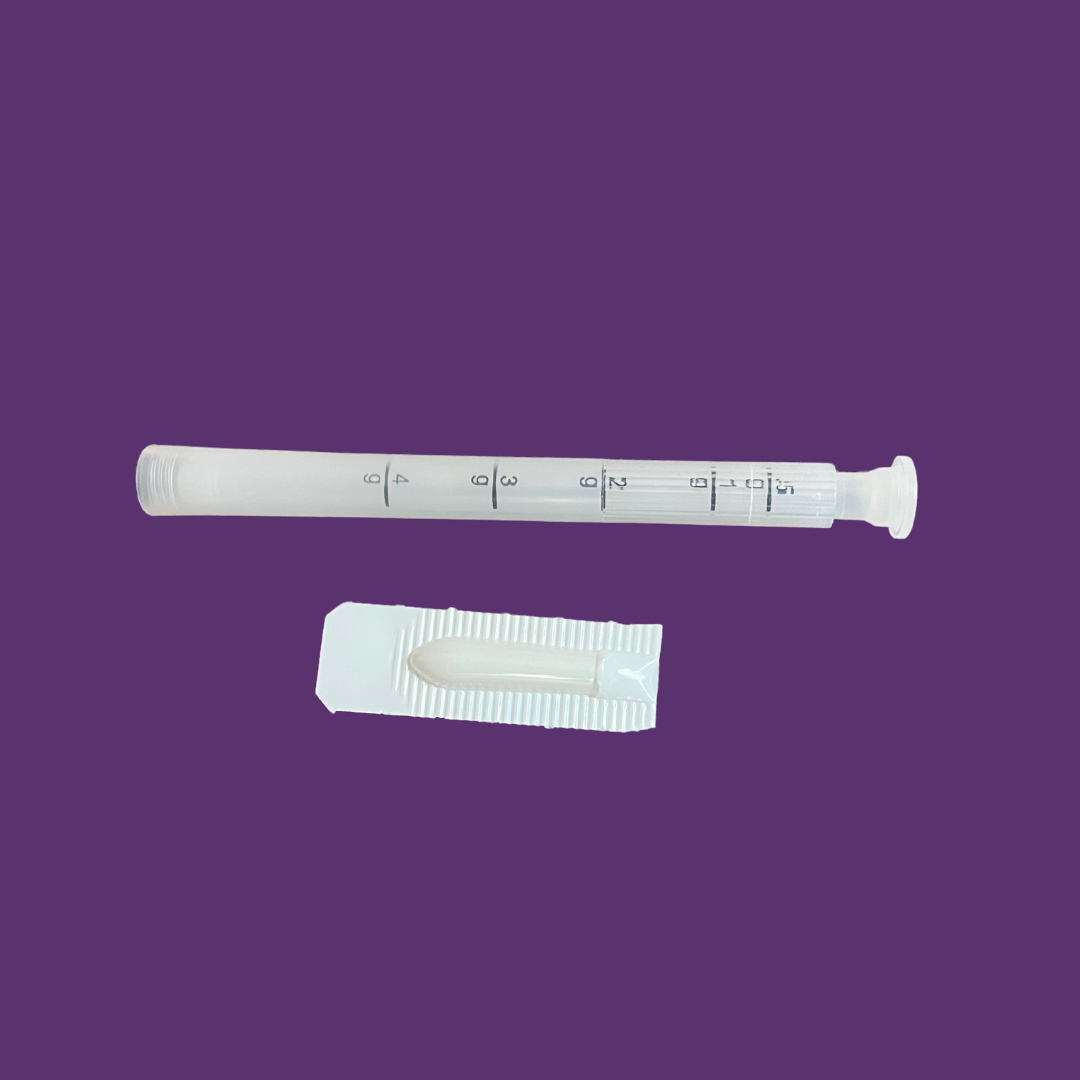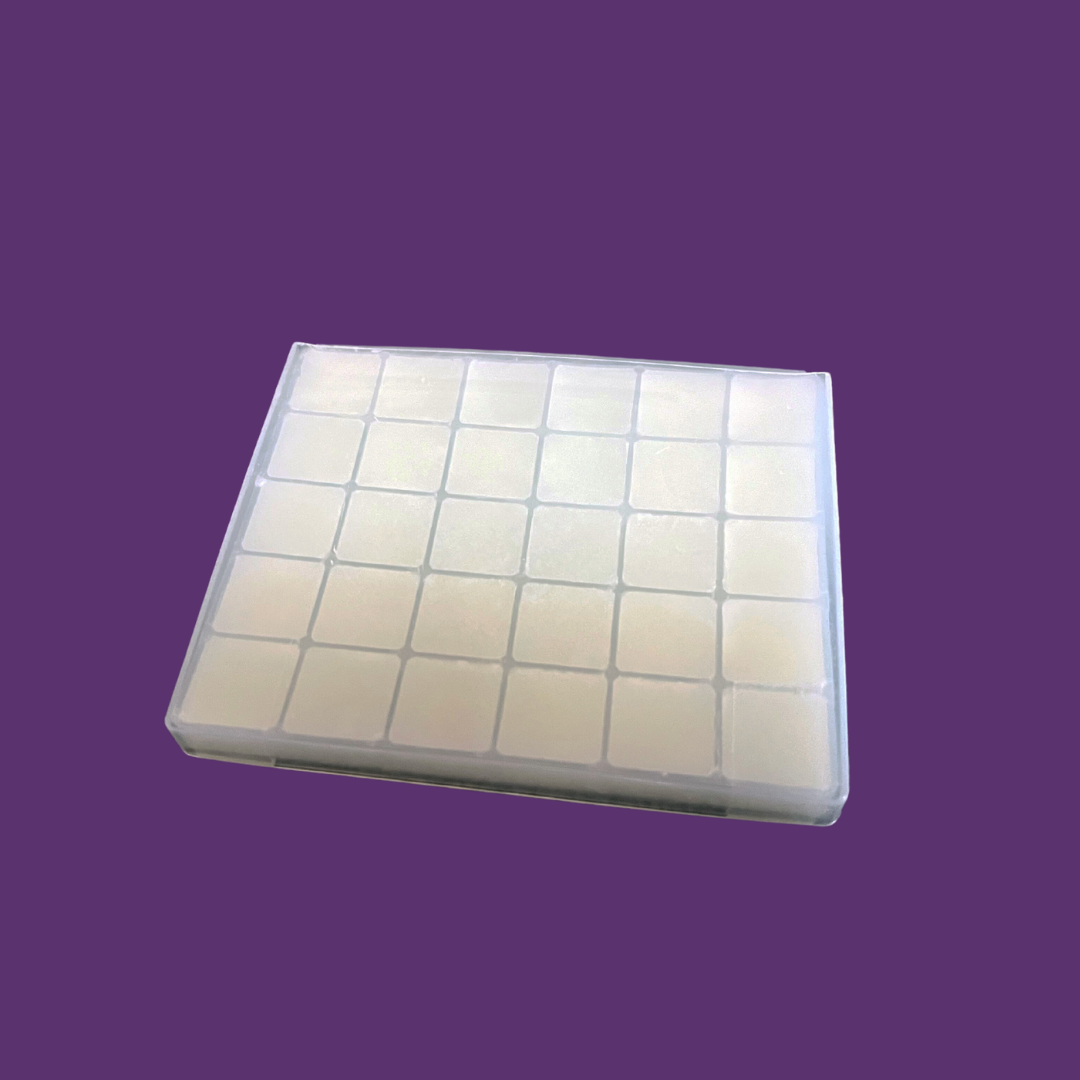Ketamine is a drug that hit the market in the 1960s as an anesthesia medication for animals. The FDA soon thereafter approved it as an anesthetic for humans in 1970, where it was used for injured soldiers in the Vietnam War. Since its discovery, ketamine has been used to address many conditions, such as depression and neuropathic pain.
“Anesthesia is a medical treatment that prevents patients from feeling pain during procedures like surgery, certain screening and diagnostic tests, tissue sample removal (e.g., skin biopsies), and dental work.” Source: National Institute of General Medical Studies
What is Ketamine?
Ketamine exists in two enantiomeric* forms:
- R-ketamine, otherwise called “arketamine”
- and S-ketamine, also known as “esketamine”
*Enantiomers are a pair of molecules that exist in two forms that are mirror images of each other. They cannot be superimposed one upon the other but are in every other respect chemically identical.
Esketamine is typically administered intranasally, with a nasal spray, while racemic ketamine is usually administered via intravenous (IV) infusion.
Potential Benefits for Depression
Evidence suggests that ketamine produces a surge in glutamate neurotransmission in the brain. Glutamate is the most abundant free amino acid in the brain and can affect multiple metabolic pathways. Lower glutamate levels have been found in patients with depression disorders. Ketamine may address depression by raising glutamate levels in the brain. This contrasts with traditional depression drug therapies which increase brain chemicals like serotonin, norepinephrine, and dopamine.
Potential Benefits for Neuropathic Pain
Neuropathic pain can occur when one’s nervous system is damaged or not functioning properly. Pain may be felt from various levels of the nervous system — the peripheral nerves, the spinal cord and/or the brain.
A proposed mechanism for the long-term benefit in chronic pain is that ketamine may alter the affective-motivational component of pain. Important mechanisms of chronic (neuropathic) pain development include the upregulation of the N-methyl-D-aspartate receptor (NMDAR). There is evidence that NMDAR antagonists that block the NMDAR, such as ketamine, are able to halt the excessive barrage of pain input to the brain.
Specialty Compounding Pharmacy’s Role
IV ketamine and Intranasal esketamine are chemically distinct drugs with different pharmacodynamics. Both are being utilized in the medical world for various conditions such as depression or neuropathic pain. Ketamine prescribers and their patients reach out to specialty compounding pharmacies where pharmacists formulate the drug into different forms for best absorption and results.
IV ketamine must be made in a sterile compounding lab. Sterile compounding is the method of preparing custom medications for patients in a sterile environment to prevent contamination and ensure patient safety.
Explore the Possibilities in Ketamine with HDRX
It’s important to work with a Ketamine Specialty Pharmacy like HDRX, which proudly serves the state of Michigan. This medication requires a prescription from a licensed Michigan practitioner. The prescription is filled with expertise according to doctors’ specific orders and can be shipped if desired. We work with ketamine infusion clinics to provide the best infusion therapy to patients and provide education and consultations to our patients as well as their medical provider.
We value the patient–physician–pharmacist relationship and the observed advantages in yielding the best patient outcomes. Joint efforts present an integrative approach to health.
Practitioners: please reach out to our pharmacists and we can provide you with education, consultation and guide you through the process of prescribing Ketamine to your patients.
Patients: ask your physician about the possibility of using Ketamine to finally get relief in depressive conditions and neuropathic pain. Feel free to have your medical providers contact us.
Different Ketamine Forms:
REFERENCES
- Niciu, M. J., Henter, I. D., Luckenbaugh, D. A., Zarate, C. A., Jr, & Charney, D. S. (2014). Glutamate receptor antagonists as fast-acting therapeutic alternatives for the treatment of depression: ketamine and other compounds. Annual review of pharmacology and toxicology, 54, 119–139. https://doi.org/10.1146/annurev-pharmtox-011613-135950
- Jewett BE, Thapa B. Physiology, NMDA Receptor. [Updated 2022 Dec 11]. In: StatPearls [Internet]. Treasure Island (FL): StatPearls Publishing; 2023 Jan-. Available from: https://www.ncbi.nlm.nih.gov/books/NBK519495/
- Andrade, C. (2017). Ketamine for Depression, 3: Does Chirality Matter? Clinical and Practical Psychopharmacology, 78(6), e674-e677. https://doi.org/10.4088/jcp.17f11681
- Yunpeng Yang, Dermot P. Maher & Steven P. Cohen (2020) Emerging concepts on the use of ketamine for chronic pain, Expert Review of Clinical Pharmacology, 13:2, 135-146, DOI: 10.1080/17512433.2020.1717947
- Velzen, M. V., Dahan, J. D. C., van Dorp, E. L. A., Mogil, J. S., Hooijmans, C. R., & Dahan, A. (2021). Efficacy of ketamine in relieving neuropathic pain: a systematic review and meta-analysis of animal studies. Pain, 162(9), 2320–2330. https://doi.org/10.1097/j.pain.0000000000002231
- Zhou, Y., & Danbolt, N. C. (2014). Glutamate as a neurotransmitter in the healthy brain. Journal of neural transmission (Vienna, Austria : 1996), 121(8), 799–817. https://doi.org/10.1007/s00702-014-1180-8





